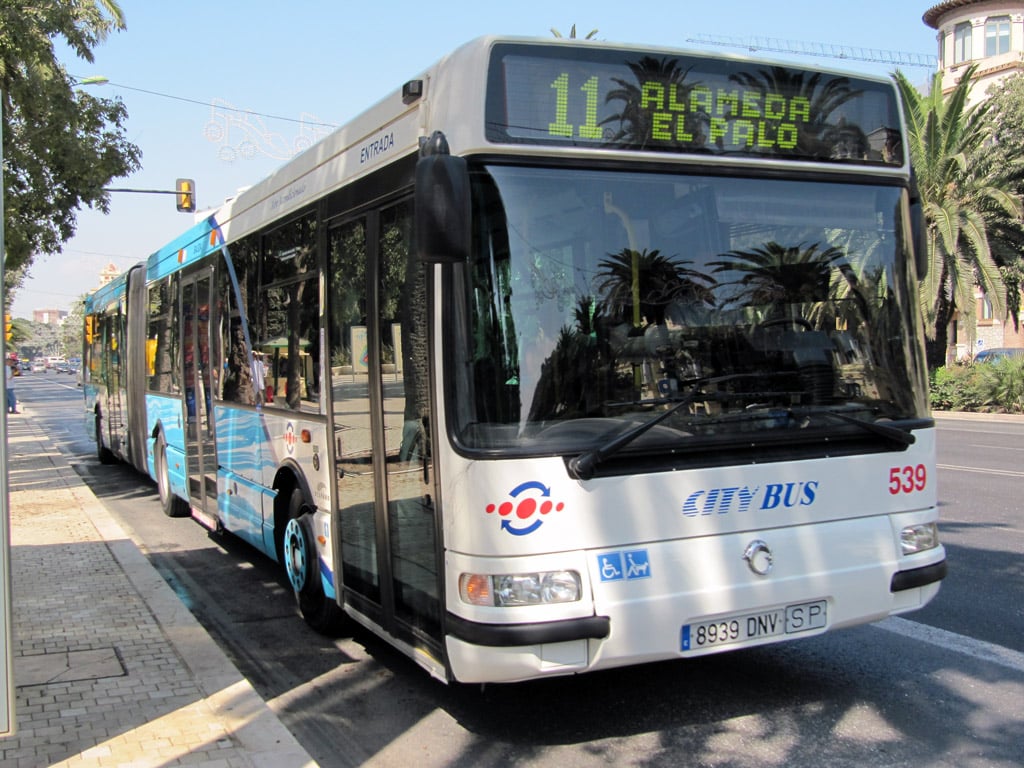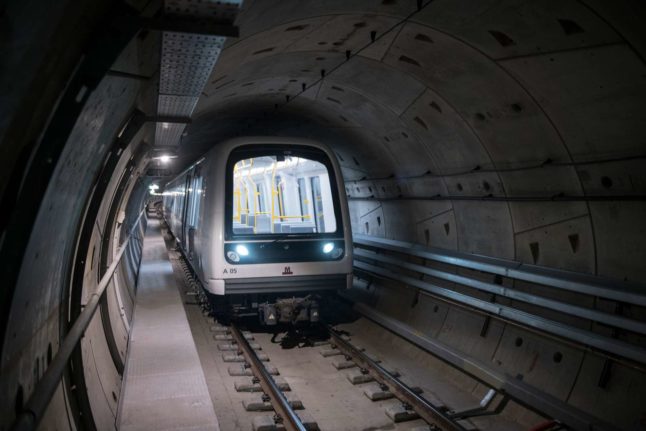Created as part of the AutoMOST R + D + I project in participation with Avanza bus company and Malaga City Council, the 12-metre electric bus features autonomous driving technology and will be a revolutionary addition to the transport system.
The mayor of Malaga, Francisco de la Torre, companied by the president of the Port of Malaga Authority, Carlos Rubio, and the general director of Avanza, Valentin Alonso were the first to ride in this driverless bus.
Mayor de la Torre said “Malaga has been a pioneer in creating ways to improve life in the city”. “We were also the first city to implement contactless cards on buses,” he added.
The self-driving bus is the first of its kind to circulate in real traffic and will be in operation on line 90 from the Maritime Station in the port area to the Paseo del Parque in the front of the City Hall.
Malaga will become the first European city to implement this new autonomous driving technology in a bus, which is also environmentally friendly, run fully on electricity and which produces zero emissions.
The city council said in a statement that this move reinforces Malaga’s commitment to sustainable mobility and the use of new technologies adapted to transport.
In previous projects, self-driving tests have only been carried out using smaller vehicles, not the standard 12-metre buses that are in daily circulation around the city.
12-metre buses are the world standard, so in theory it will be possible to implement this same type of technology in other models of the same size around the world.
In order for the technology to work, Malaga City Council has invested 180,000 euros in smart traffic lights, which communicate with the bus telling it when to go and stop.
Initially the self-driving bus will run for three weeks, but the traffic lights will remain in place, allowing for the implementation of other self-driving systems in the future, such as driverless cars.
For the next three weeks, residents can ride the self-driving bus completely free of charge. It will operate from Saturday February 20th to March 13th, from Tuesdays to Saturdays 9:30am to 2:30pm.
You can book a ticket on the bus in advance by visiting www.emtmalaga.es.



 Please whitelist us to continue reading.
Please whitelist us to continue reading.
Member comments